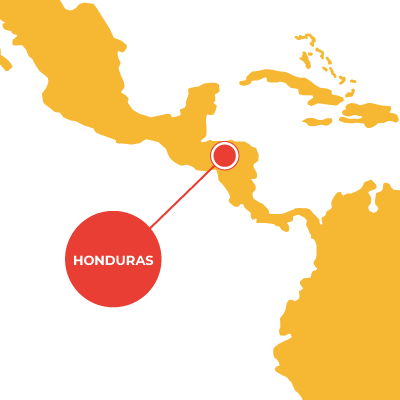Assessment of the vulnerabilities existing in Central America for the Commission of crimes related to organ donation and transplantation, emphasis on human trafficking
The illegal removal of organs is one of the least known manifestations of human trafficking and has gained great importance in the discussions of the international community since the last decades, health professionals and in international and regional organizations, due to the worrying increase in the illicit trade in organs, as well as the health and safety risks that this implies for the living donor. Because of this, in this publication you will find a document on the analysis of this phenomenon and its scope in the Central American region.

